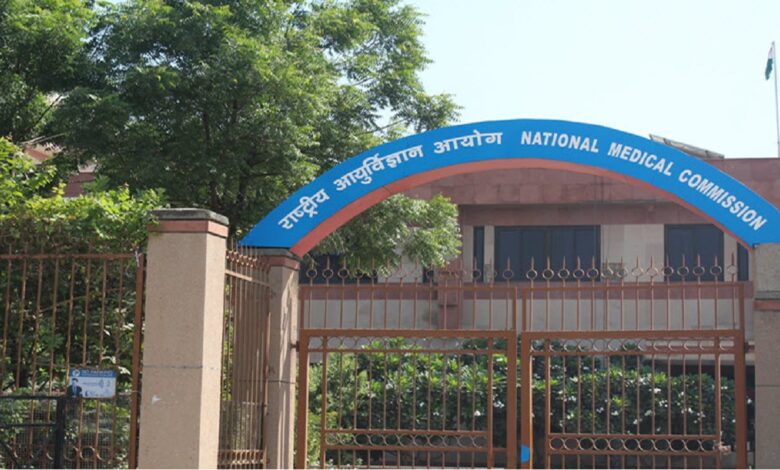
New Delhi: The National Medical Commission (NMC) has issued revised guidelines for its competency-based medical education curriculum, removing sodomy and lesbianism from the list of “unnatural sexual offences”. These changes come after the NMC faced criticism for reintroducing these topics under the forensic medicine and toxicology curriculum for undergraduate medical students. The amended guidelines, issued on Thursday, reflect a significant shift towards a more progressive and scientifically grounded approach to medical education. Additionally, the revised curriculum has also eliminated outdated topics such as the types of hymens, their medico-legal importance, and the definitions of virginity and defloration. The new guidelines clearly state that discussing or identifying “signs” of virginity, including so-called ‘virginity tests’ such as the finger test on female genitalia, is unscientific, inhumane, and discriminatory. The curriculum now advises students to inform the courts about the unscientific nature of these tests, should such orders be made in legal cases.
The changes come after backlash from activists and experts, with the NMC acknowledging the need for a curriculum that aligns with modern understanding of human sexuality and ethical medical practice. The decision to remove sodomy and lesbianism as offences follows a previous directive from the Madras High Court in 2022, which had initially led to the removal of these topics.
Beyond these changes, the NMC has also revised the forensic medicine and toxicology curriculum to remove several topics previously deemed necessary for discussion. Subjects such as sexual perversions, fetishism, transvestism, voyeurism, sadism, necrophagia, masochism, exhibitionism, frotteurism, and necrophilia have all been eliminated. These topics are no longer considered relevant to the education of medical students, reflecting a shift away from outdated concepts of sexual behaviour.
The revised guidelines also introduce discussions on the distinction between paraphilia and paraphilic disorder, ensuring students gain a clearer understanding of these topics within a contemporary and clinical context. In addition to the changes surrounding sexual offences and behaviours, the revised curriculum for forensic medicine and toxicology includes the introduction of legal competencies. Students will now be taught about key legal frameworks, such as the Bharatiya Nagarika Suraksha Sanhita, Bharatiya Nyay Sanhita, Bharatiya Sakshya Adhiniyam, and the Protection of Children from Sexual Offences (POCSO) Act. Other important legal concepts, such as civil and criminal cases, inquest procedures, and the distinction between cognisable and non-cognisable offences, will also be covered.
The NMC emphasised that, upon completing their forensic medicine and toxicology education, students should have a comprehensive understanding of the medico-legal aspects of medical practice. This includes knowledge of medical ethics, professional misconduct, medical negligence, and the ability to conduct medico-legal examinations and document various medico-legal cases. Additionally, students will be educated on the latest Acts and laws related to the medical profession, including relevant court judgments.

